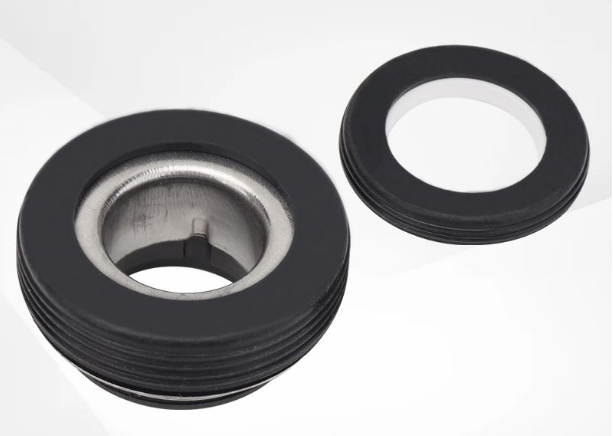The Significance of Seals in Pumps
In the engineering field, pumps play a crucial role in the transportation of fluids from one place to another. However, their functionality is heavily dependent on several components, one of which is the seal. Seals are fundamental elements within pumps, ensuring not only efficient operation but also safety and environmental compliance. This article delves into the importance of seals in pumps, explaining how they maintain fluid integrity, prevent leaks, and enhance overall system reliability.
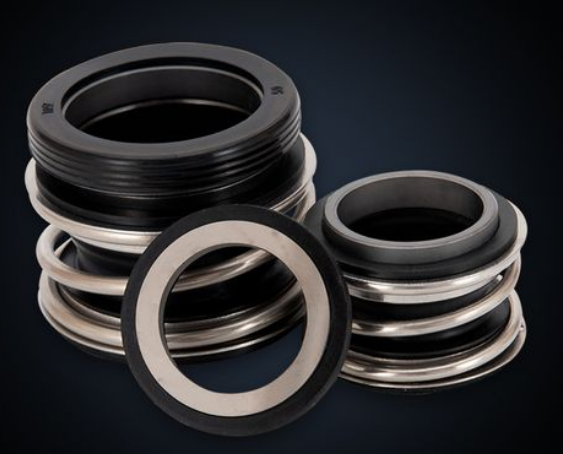
Functionality of Seals in Pumps: Seals in pumps serve multiple critical functions. Firstly, they prevent the leakage of fluid from the pump chamber, ensuring that the fluid is directed towards its intended destination without wastage. Without proper sealing, the performance of a pump could deteriorate, leading to reduced efficiency and increased energy consumption. Moreover, seals help in maintaining the vacuum required in some pumping applications, ensuring that the pump can function at peak capacity.
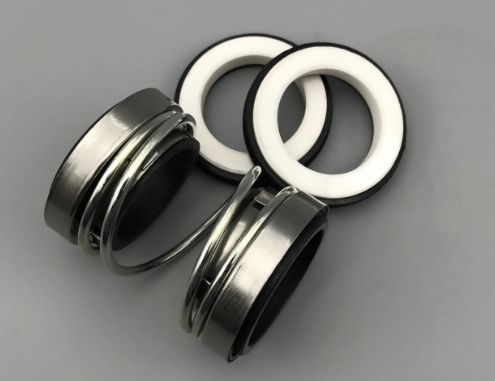
Environmental Compliance: In many industrial sectors, especially in oil and gas, chemical processing, and water management, the use of seals in pumps is pivotal for environmental protection. High-quality seals can prevent spills and leaks, reducing pollution risks and complying with stringent environmental regulations. In industries where the fluid being pumped can be hazardous or environmentally sensitive, such as in chemical plants or pharmaceutical manufacturing, the correct choice of seals becomes even more critical.
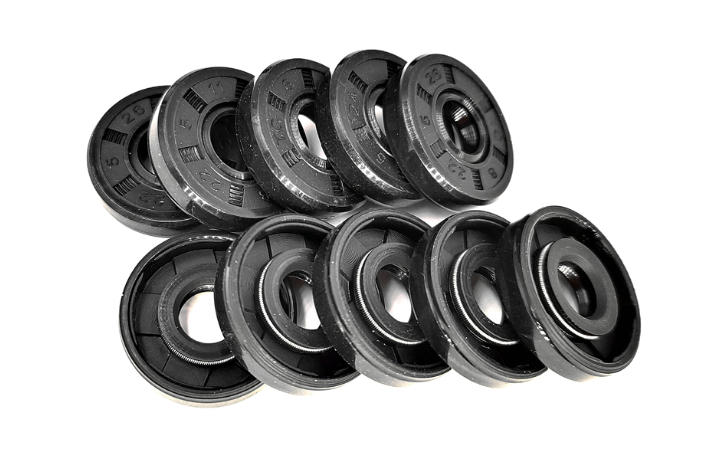
Maintenance and Safety: Seals also play a vital role in pump maintenance and safety. They help in minimizing wear and tear on other pump components, thus extending the pump's lifespan. Regular checks on seals ensure that they remain in good condition, reducing the likelihood of unexpected breakdowns that could lead to downtime, injury, or damage to equipment. Furthermore, in safety-critical applications, such as those involving flammable liquids, the integrity of seals can be a matter of life and death, preventing catastrophic incidents.
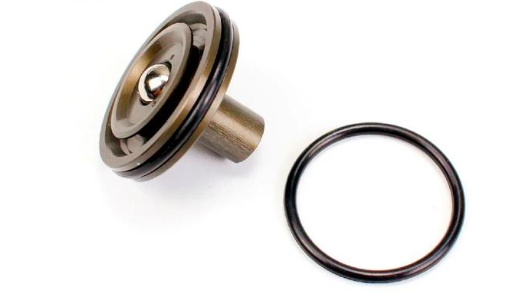
Conclusion: In summary, seals in pumps are indispensable for maintaining operational efficiency, ensuring environmental compliance, facilitating maintenance, and enhancing overall safety. Their importance cannot be overstated, as they directly impact the performance, reliability, and longevity of pump systems. Thus, selecting the right type of seal for a particular application is a strategic decision that should not be taken lightly, given the multifaceted benefits it offers.
